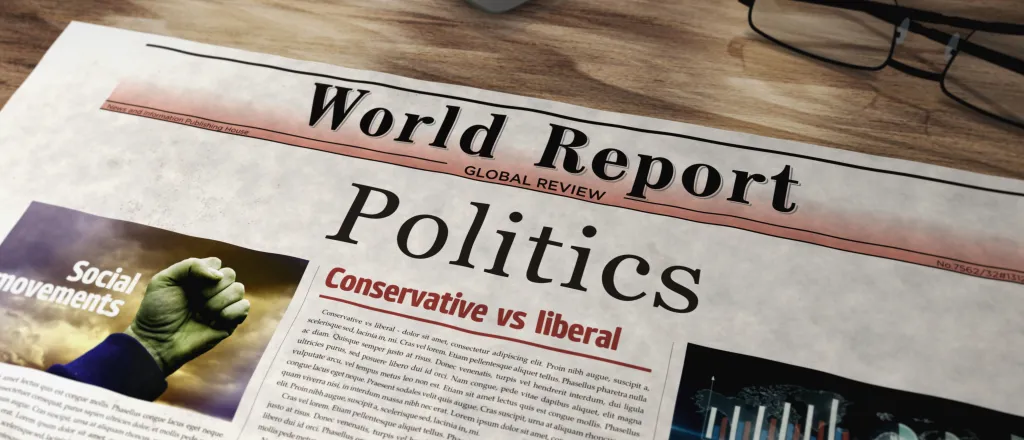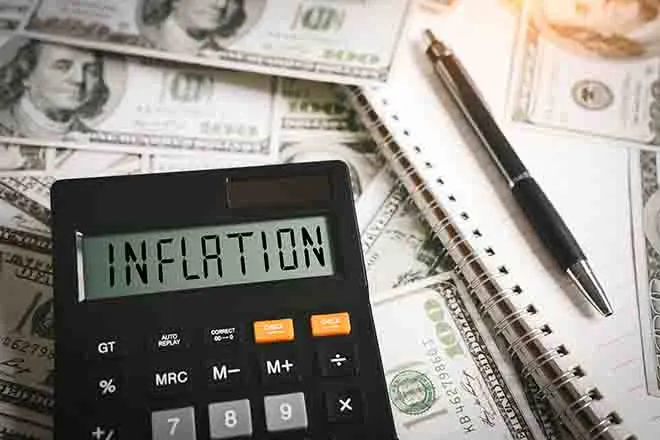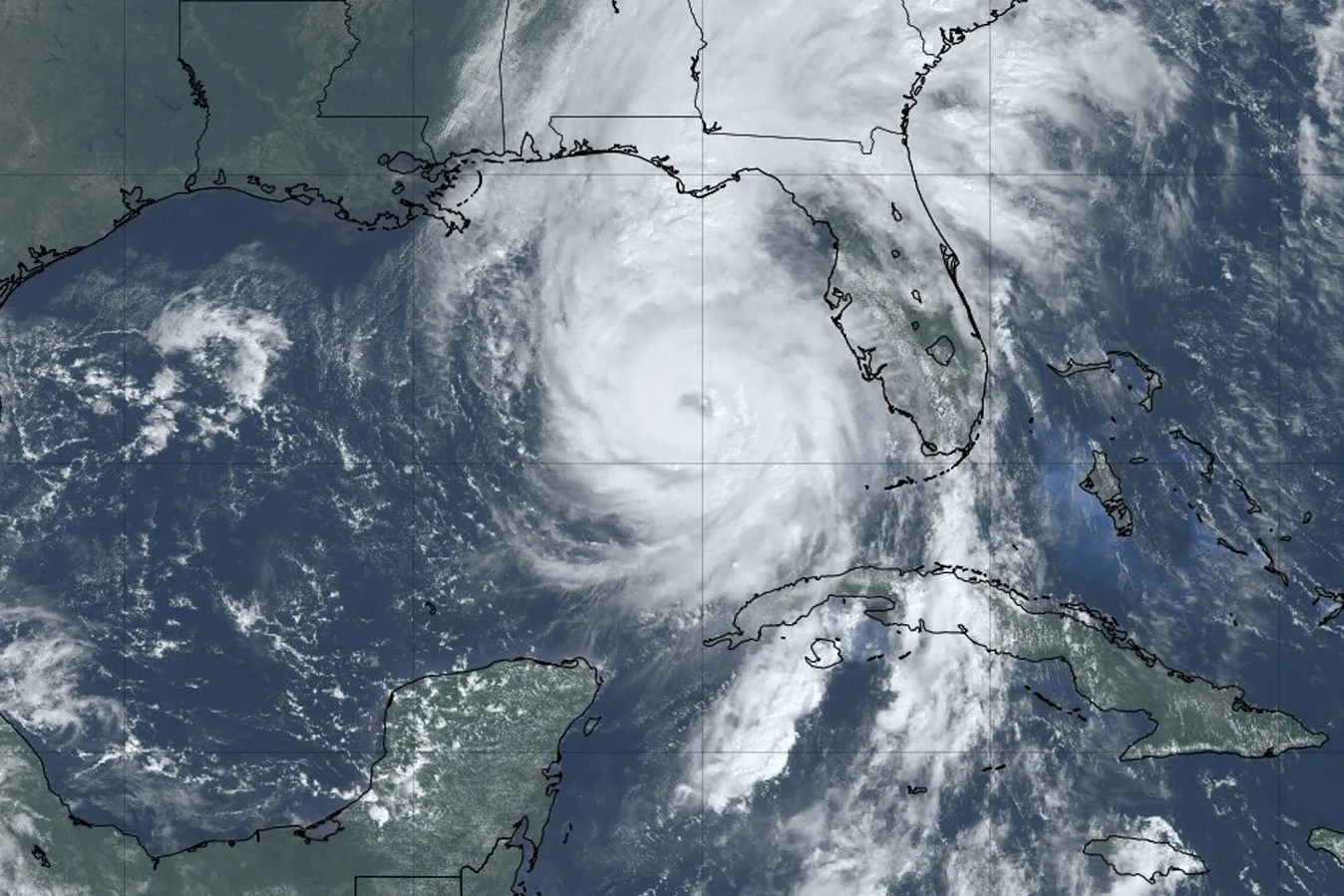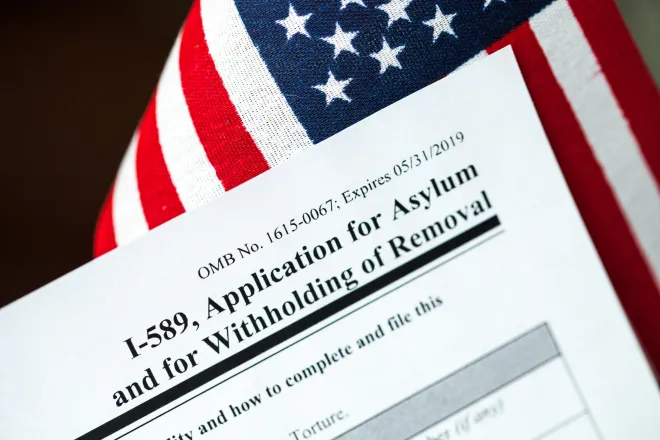
Politics: 2025Talks - July 15, 2025
© Arkadiusz Warguła - iStock-1890683226
Politics and views in the United States.
Use of SCOTUS emergency docket draws questions, and whistleblower emails expose a DOJ willing to defy federal courts. Meanwhile, Minnesota's 'red flag' law shows early trends, and farmers and lawmakers sound alarms over privacy and trade.
TRANSCRIPT
Welcome to 2025 Talks, where we're following our democracy in historic times.
In Minnesota, 71 percent of those orders were petitioned by law enforcement.
I think that's interesting because that's actually lower than a lot of states.
Lisa Geller with the Johns Hopkins Center for Gun Violence Solutions highlights early trends from Minnesota's red flag law, which lets courts temporarily remove guns from people deemed a threat.
More than 100 times, advocates praise it for preventing suicide.
Geller says the relatively low share of cases brought by police suggest it's useful for health providers and families.
So far, the second Trump administration has asked the Supreme Court for an emergency ruling more than 40 times.
The George W. Bush and Obama administrations did so only eight times.
University of Alabama law professor and former U.S. attorney Joyce Vance says it's corrosive to use the shadow docket to increase presidential power.
As when Trump's White House got permission to fire 1,400 Department of Education employees without congressional approval.
Instead of working to enhance public confidence in its integrity, the Supreme Court undermines it by taking these shortcut steps to issue substantive rulings.
Internal Department of Justice texts given to a Senate committee by a whistleblower show an assistant attorney general urging defiance of federal court orders.
President Donald Trump's former personal lawyer, Emile Bove, told justice lawyers to ignore court orders the administration disagrees with.
Beauvais has been nominated for a lifetime appointment to a federal appeals court.
His nomination is expected to move forward in spite of widespread objections.
Attorney General Pam Bondi is defying pressure for more Jeffrey Epstein transparency.
The Republican Speaker of the House is calling for Bondi to release any files, although Trump continues to praise her.
At a public meeting, Bondi focused on law enforcement wins, ignoring the charge that Trump himself may be on what's called Epstein's client list.
Lawmakers in the Indiana legislature say they're angry about state agency profiting from personal data.
Democratic State Senator Rodney Pohl says residents should have the right to stop the Bureau of Motor Vehicles from selling their information.
If you want to drive in this state, it's not as if you can go and get your license somewhere else.
So at the very least, letting people opt out.
The DMV earns tens of millions annually by selling names, addresses and vehicle details to third parties, while supporters say it funds agency operations.
Critics say stronger privacy protections are overdue.
Rural economies are again on edge over Trump's trade strategy.
Aaron Lehman, president of the Iowa Farmers Union, warns that the looming import taxes and the retaliation they would provoke would raise costs and hurt their sales.
That tariff raises the price for our product, for buyers around the world.
They're less likely to buy from us, and they're more likely to buy from some farmer from another part of the world.
Iowa exported over $13 billion in agriculture goods in 2023.
Lehman says farmers and small businesses are bracing for ripple effects on the local economy.
I'm Farah Siddiqui for Pacifica Network and Public News Service.
Find our trust indicators at publicnewsservice.org.















